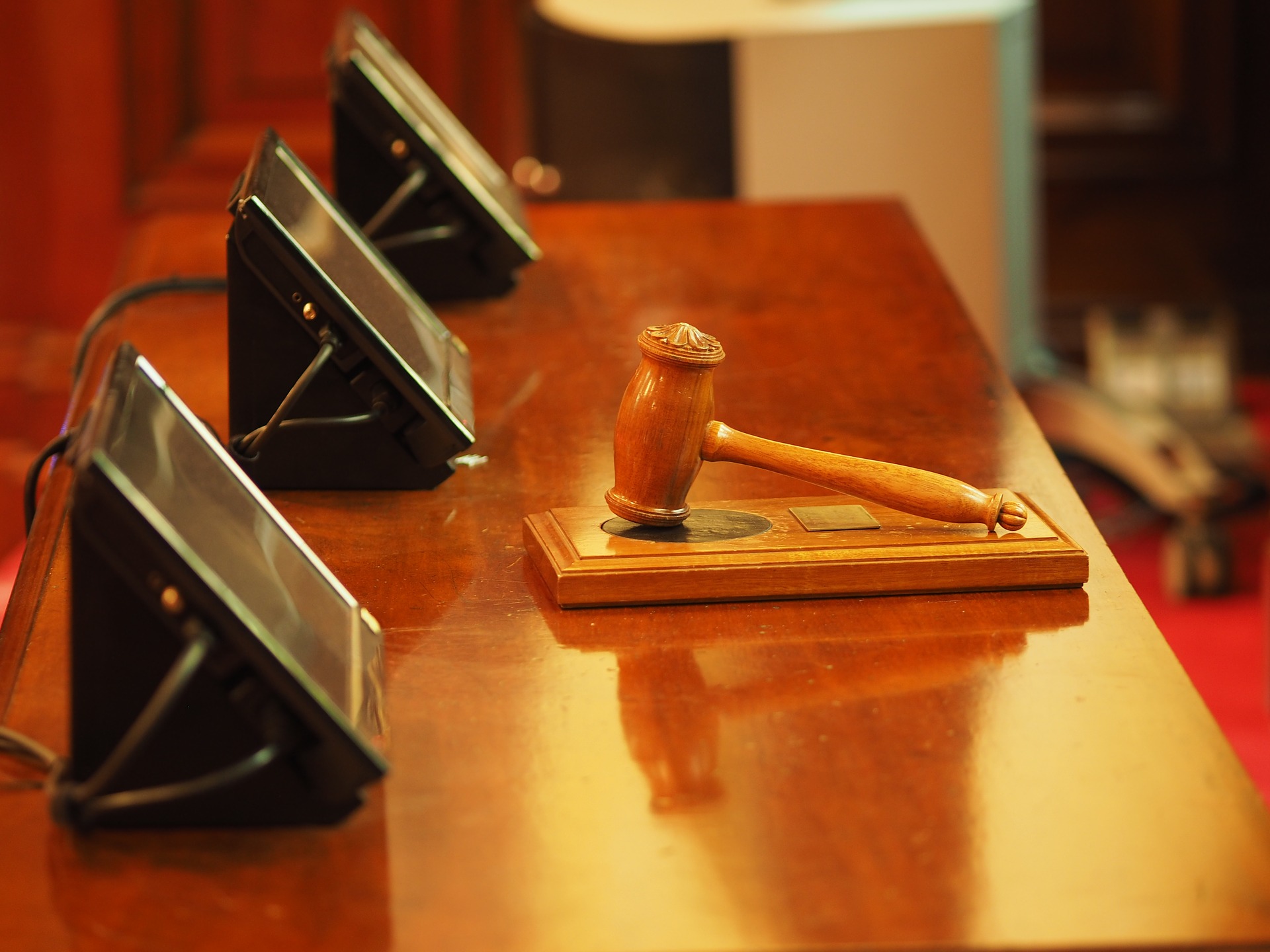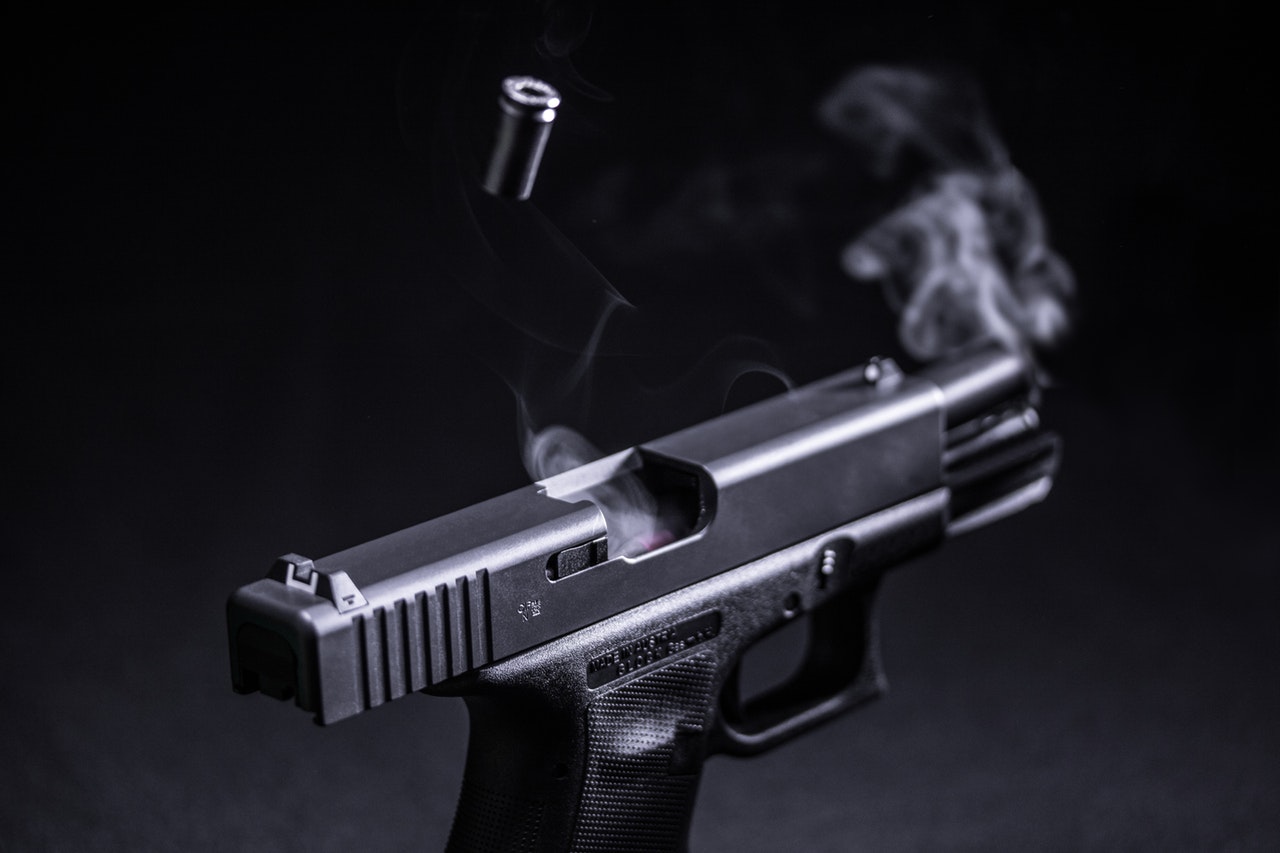Search
What to Expect in the 52-3 District Court in Rochester Michigan
If you’ve been arrested for drunk driving, or any other crime in the cities of Rochester and Rochester Hills, then your case will take place in the 52-3 District Court in Rochester Michigan. The Rochester District Court also serves the communities of Auburn Hills, Lake Angelus, Lake Orion, Addison Township, Orion Township, Oakland Township, and Oxford Township. The court is located at 700 Barclay Circle, Rochester Hills, MI 48307 and can be reached via telephone at (248) 853-5553.
Process of Arraignment
The judges in the 52-3 District Court in Rochester Michigan require that all felony cases, drunk driving cases and most misdemeanor cases begin with a “walk-in” arraignment that usually takes place before a magistrate. This means that no specific date will be set and you and your attorney can walk into the court on a date and time that is convenient for you. At the arraignment, the magistrate will tell you exactly what your charged with and you will be asked to enter a plea. Because of this it is a good idea for you to find and hire a lawyer before your walk-in arraignment.
 Michigan Criminal Defense Lawyer Blog
Michigan Criminal Defense Lawyer Blog


























